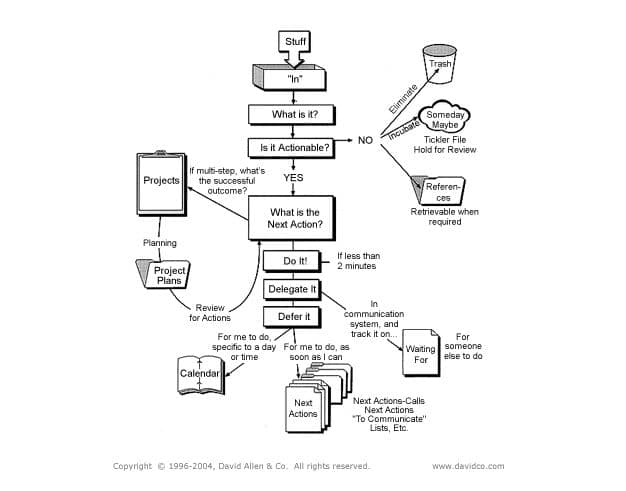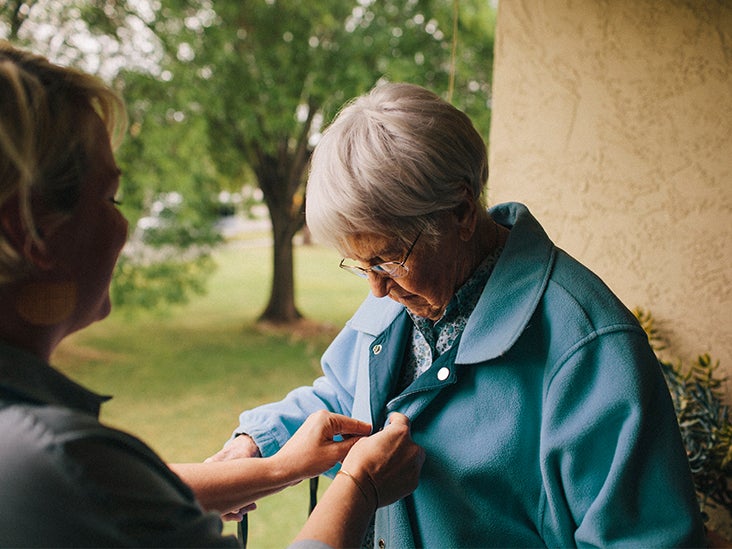Table of Content
Because Medicaid is administered differently according to the regulations of each state, where you live may determine what benefits are available to you as a recipient of Medicaid. Medicare Part A insures people for hospital stays and up to 100 days in a skilled nursing facility. Because they deliver medical care, they are distinct from assisted living facilities, which offer custodial or daily life care. Medicare is not a free full-service medical plan, but rather a subsidized form of medical insurance for citizens who are at least 65 years old. In most cases, it will cover medical care, however most long-term living costs such as retirement homes, independent living communities and assisted care facilities will not be eligible. What Medicare will cover is any short term stay by a senior in a skilled nursing home, a rehabilitation community and even home-based care provided by a licensed therapist or nurse.

Some ways states assist seniors is by placing a firm limit on the number of fees a facility that is Medicaid certified may charge. Another is by offering seniors who are Medicaid-eligible supplemental assistance for their assisted living fees. Instead of these funds originating from Medicaid, they are taken out of general state funds to help pay for senior assisted living costs.
Step 2. Find Plans With Confidence
While Medicare benefits do help recipients with the cost of routine doctor visits, hospital bills and prescription drugs, the program is limited in its coverage of nursing home care. This is because nursing home care varies greatly in terms of scope and amenities. Under Medicare, recipients do not receive benefits for custodial care, but instead, only for required medical care. Assisted living facilities do not count as skilled nursing since intensive medical care are not provided by them.
Most Memory Care Facilities are considered to be “social settings,” so Medicare does not cover the cost incurred in these facilities. The only exception to that is if you are receiving memory care services in a Nursing Home. While this situation is much less common, Medicare would sometimes cover the cost, depending on a number of circumstances. The assisted living communities of today are focused on offering social activities, cultural programs, group outings, gourmet dining, and even professional entertainment. Residents can be as social as they want and are free to do as they please. Seniors looking to live on their own might consider enrolling in a plan that includes services that support autonomy.
Find Medicare & Medicaid Assisted Living:
Residential care homes offer some unique benefits thanks to their small size and care models. We explain some of the most prominent benefits in more detail below. New Jersey is an income cap state, meaning that in order to be eligible for Medicaid long term care benefits there is a hard income limit.
Individuals who do not require round-the-clock nursing but need help with everyday activities like bathing, housekeeping, medications, and meal preparation can benefit from assisted living. Depending on what kind of coverage you have, Medicare may pay for your health care and prescription drugs while you're in a nursing home. This program operates with help from both federal and state governments. It’s intended to help low-income Americans access essential benefits, one of which can be care at a nursing home. You’ll need to do a little homework to understand the requirements of the state where your loved one lives and whether they are eligible.
Social Security & Medicare
Can I please get a list of facilities that can help place our beloved resident. You can switch Medicare drug plans at any time while you’re living in the institution. The best kind of support for your aging parent comes from your parent’s entire community.

Over time, programs were added that allowed those who were eligible for nursing home care to receive that level of care outside of nursing homes. These programs are referred to as Medicaid Waivers, and in New Jersey, these programs fall under a Comprehensive Medicaid Waiver. Please note, in New Jersey, Medicaid for the elderly is also called FamilyCare Aged, Blind, Disabled Programs. Medicaid programs run by the state will cover some of the costs that originate from assisted living expenses for seniors who qualify.
The services offered by most assisted living facilities typically qualify as custodial care for the purposes, and therefore usually are not covered by Medicare. Only skilled health-care services, such as treatment for wounds provided by a licensed nurse, may be eligible for Medicare coverage in most cases. Original Medicare will cover a portion of the costs for up to 100 days for treatment during a benefit period at a skilled nursing facility. The first 20 days in residential care are fully covered by Medicare. Any stays during the remaining 80 days per benefit period, you will be responsible for $194.50 per day in coinsurance. Starting at day 101 and beyond, all cost will be payable by you while you are receiving care at a skilled nursing facility.
Many assisted living communities will offer guidance from case managers and intake workers to help you navigate the Medicaid/Medicare process. It is common knowledge that the cost of living in an assisted living community can stretch a family's budget, even to the breaking point. Unfortunately, the alternative is to allow seniors to live in an environment that is lacking the much-needed assistance required for them to thrive.
For example, commonly an individual will enter a Medicare SNF following a hospitalization that qualifies him or her for a limited period of SNF services. If nursing home services are still required after the period of SNF coverage, the individual may pay privately, and use any long-term care insurance they may have. If the nursing home is not Medicaid certified, he or she would have to transfer to a NF to be covered by the Medicaid NF benefit.

The short answer is that no, Medicare does not cover the cost of assisted living in New Jersey. Assisted living facilities are considered to be a residential setting and not a clinical setting, . There is a small segment of the population that is able to take advantage of dual-eligibility, meaning these individuals are able to receive Medicare and Medicaid coverage. For dual-eligibles, Medicare’s benefits will typically pay the largest portion, and Medicaid will pick up the remainder. In order to qualify for dual-eligible status, certain income restrictions and other financial conditions apply.
RCFEs typically provide a similar care level to assisted living facilities, but the communities are significantly smaller. Most care homes house ten or fewer residents, compared to dozens or even hundreds of residents in assisted living communities. The small size can be a welcome feature for seniors who are shy or prefer to keep to themselves.

Read on as we discuss Medicare, assisted living, and options to help pay for some of these services. The costs of Medicare plans are strongly regulated by the federal government. A February 2022 report from the National Center for Health Statistics found that, on average, a U.S. adult who reaches age 65 can expect to live for nearly 20 more years. The federal government estimates that 7 in 10 of those turning age 65 today will need some form of long-term care in their lifetime; 1 in 5 will need it for more than five years.


No comments:
Post a Comment